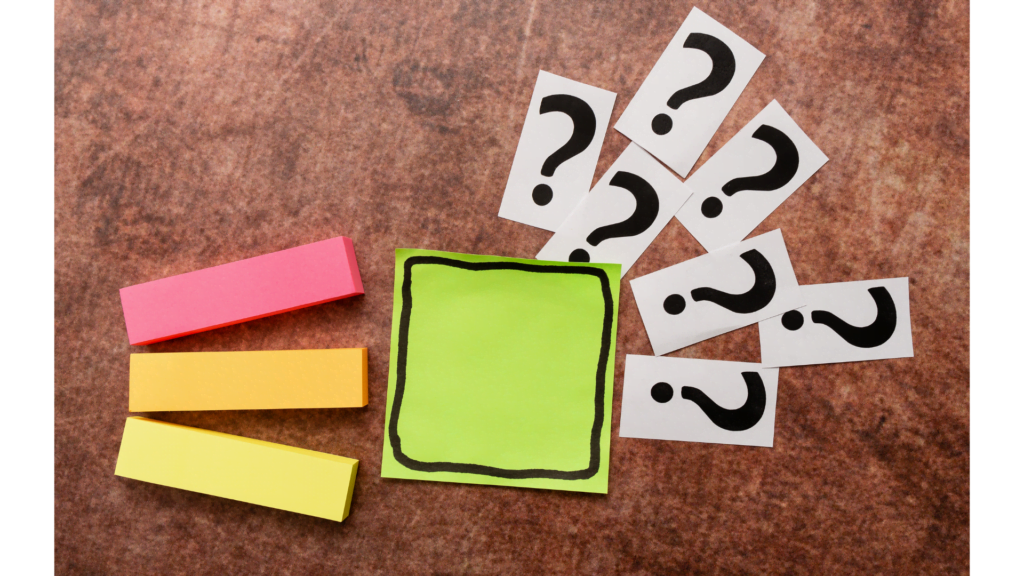Unveiling the Power of Reasoning: The Role of Logic in Critical Thinking

Critical thinking, the ability to analyze and evaluate information objectively, is a cornerstone of intellectual prowess. At its core lies the power of logic, a tool that enables us to navigate complex problems and make sound decisions. In this blog, we will delve into the profound role of logic in critical thinking, exploring how it serves as a guiding force for rational analysis and thoughtful decision-making.

Logical Reasoning: The Foundation of Critical Thinking:
At the heart of critical thinking is logical reasoning – the ability to form conclusions based on premises or evidence. Logic provides a structured framework for evaluating arguments and identifying fallacies. Students of critical thinking learn to discern between valid and invalid reasoning, honing their ability to construct coherent arguments and sift through information with clarity. Mastering logical reasoning equips individuals with a powerful tool to dissect complex issues and arrive at well-informed conclusions.

Identifying Assumptions and Presumptions: Unmasking Implicit Logic:
Logic plays a pivotal role in critical thinking by uncovering implicit assumptions and presumptions within arguments. Critical thinkers learn to scrutinize underlying beliefs that shape reasoning. This skill allows them to question assumptions, challenge biases, and expose hidden agendas. By applying logical analysis, individuals can discern the validity of claims and avoid being swayed by unfounded assumptions. Unmasking implicit logic is key to cultivating a discerning mindset in critical thinking.

Deductive and Inductive Reasoning: Crafting Well-Structured Arguments:
Critical thinking involves both deductive and inductive reasoning, each contributing to the construction of well-structured arguments. Deductive reasoning moves from general premises to specific conclusions, ensuring logical validity. Inductive reasoning, on the other hand, generalizes from specific observations to broader conclusions. Mastering these forms of reasoning empowers critical thinkers to construct compelling arguments, anticipate counterarguments, and navigate the complexities of problem-solving with strategic clarity.

Problem-Solving and Decision-Making: Applying Logical Frameworks:
Logic serves as a guiding force in problem-solving and decision-making, integral components of critical thinking. When faced with complex issues, individuals equipped with logical thinking can systematically analyze data, evaluate options, and arrive at well-founded decisions. The ability to weigh evidence, consider multiple perspectives, and apply logical frameworks ensures that critical thinkers approach problems methodically, minimizing the influence of cognitive biases and enhancing the quality of their decision-making.

In the tapestry of critical thinking, logic is the thread that weaves coherence and structure. By embracing logical reasoning, identifying assumptions, mastering deductive and inductive reasoning, and applying logic to problem-solving, individuals enhance their critical thinking abilities, becoming adept navigators in the realm of intellectual exploration.
